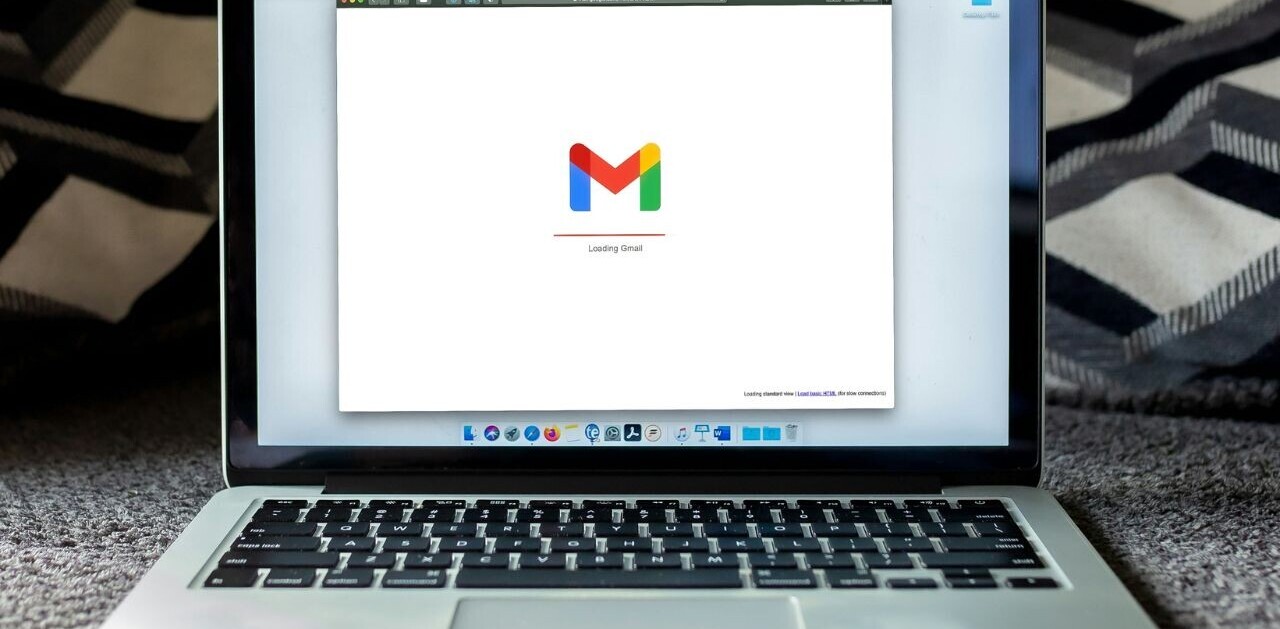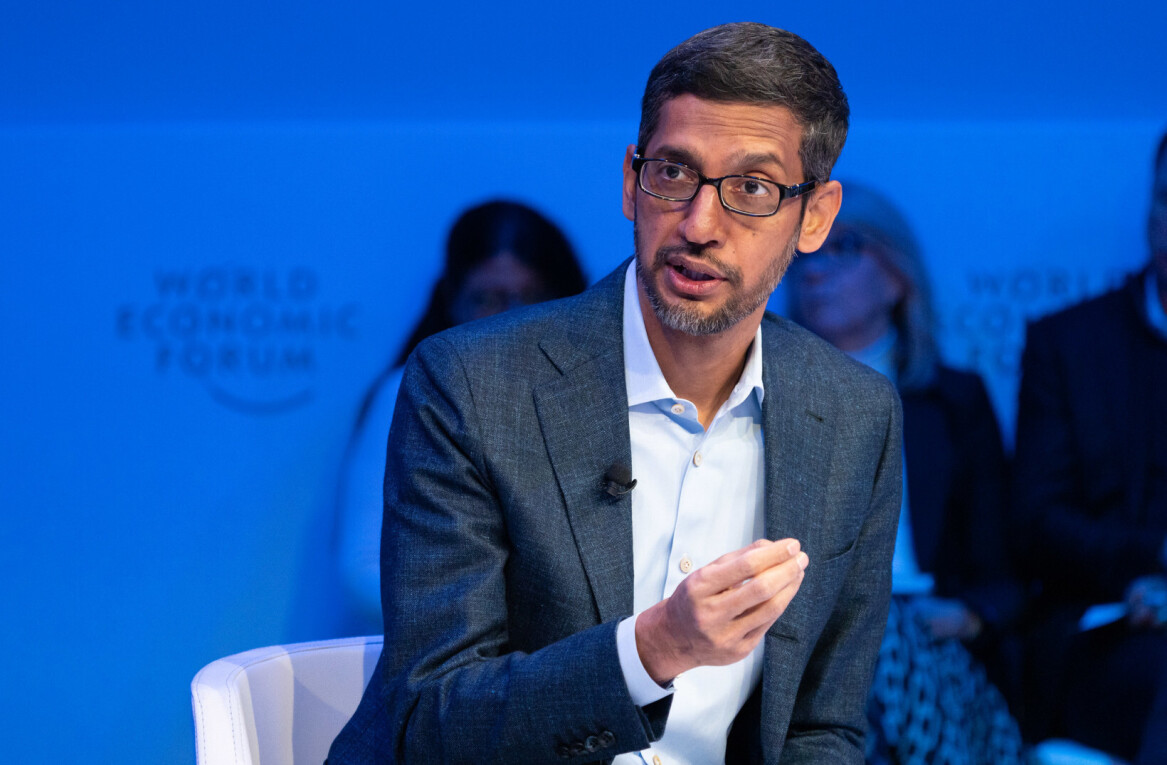
The European Commission hinted in May that Google’s proposals to fix the way it handles search results, deemed to be anti-competitive, needed to be improved. Joaquin Almunia, the European Competition Commissioner, has now confirmed this decision.
“I concluded that the proposals that Google sent to us are not enough to overcome our concerns,” he said in a press conference today.
Google is accused of heavily promoting goods that are then listed through its own specialized search services, such as Google Shopping. The Commission argues that this is creating a closed ecosystem and throttling the chance for other players to grow in the European Union, given the current dominance of Google’s search engine.
The executive body is also worried that users are unaware of this preferential treatment and are therefore missing products or services that could be superior or more relevant, simply because they’re less visible in Google’s search results.
Google has proposed clearly labeling these promoted links over the next five years and also displaying results from three rival search engines, such as Bing and Yahoo, in a location close to its own related search products.
Al Verney, a spokesperson for Google based in Brussels, said today the firm would continue to work with the Commission to find a resolution: “Our proposal to the European Commission clearly addresses the four areas of concern,” he said.
Following a request for feedback, it’s clear that Almunia and the rest of the Commission is far from happy with Google’s current suggestions. It’s now up to the technology giant to amend its proposals or draw up new ones that are deemed to reassure or fix existing complaints.
Image Credit: ERIC PIERMONT/AFP/Getty Images
Get the TNW newsletter
Get the most important tech news in your inbox each week.




